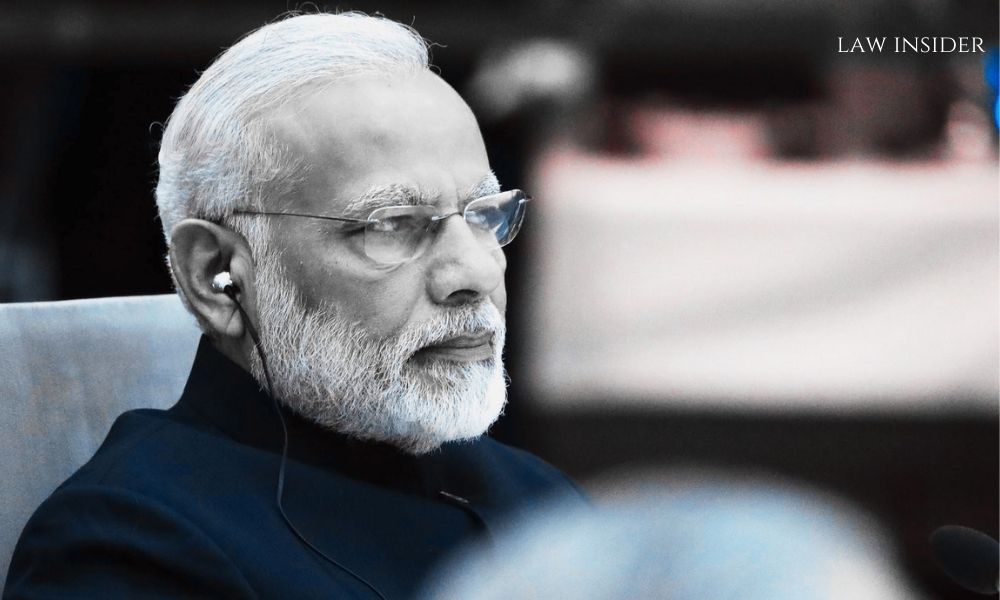Paridhi Arya
Published on June 10, 2022 at 14:15 IST
UN is right now engaged in talk to draw up new treaty which can be binding over member state on tackling cyber crimes. The work on this is started as resolution by UN General Assembly (UNGA) passed in May 2021. The final draft is likely to be submitted in 78th Session of General Assembly in 2023-24.
The UN has asked for the suggestions from the member state. India has submitted its suggestion before a United Nations (ad hoc) Committee on May 12 which is very similar to the provisions of Section 66A of the Information Technology Act, 2000.
In the landmark case of Shreya Singhal v. Union of India, the Division Bench of Justice J. Chelameswar and Justice R.F. Nariman struck down Section 66A of IT Act over the definition of terms like “offensive”, “menacing the character” etc. used in the provision which are not defined anywhere and so give the arbitrary power to the investigating agency to detain a person.
Supreme Court issues notice to centre for continued use of section 66A of IT Act in plea by PUCL
The Union government is trying to give back door entry to the dumped Section through its newly drafted proposal – criminalizing the use of offensive messages which can again be wrongly used for posting the criticism of the government and again the cartoonist and journalist will be put behind the bars.
The legal thinking behind this is assumed that government wants to enforce Section 66A on the pretence of ‘international obligation’ which India has to follow being the member country.
The Apex Court struck down Section 66A stating that it is constitutionally vague against the Article 19(1) (a) and not under the purview of Article 19(2) of the Constitution.
The Supreme Court was shocked to see such cases are still being registered. A petition was filed stating 1300 cases are registered under Section 66A after which Union government had to direct all the state government not to register cases under the said Section and immediate withdrawal of those cases which are already filed.
The International Civil Society is also concerned with the framing of this treaty by UN fearing that expansion of Government restriction on online medium can curtail the individual’s right of expression and privacy.
There is also a debate on the matter as some of the member countries are in favor of it while some are opposing it.
“If the member states keep resisting the international cooperation or make the international cooperation of sharing electronic evidence difficult, time consuming and very bureaucratic, it will indirectly incentivise and support the criminals using the ICTs and harm further the victims,” said the Indian representative.
Also Read- Section 69a IT Act, 2000- Updates

